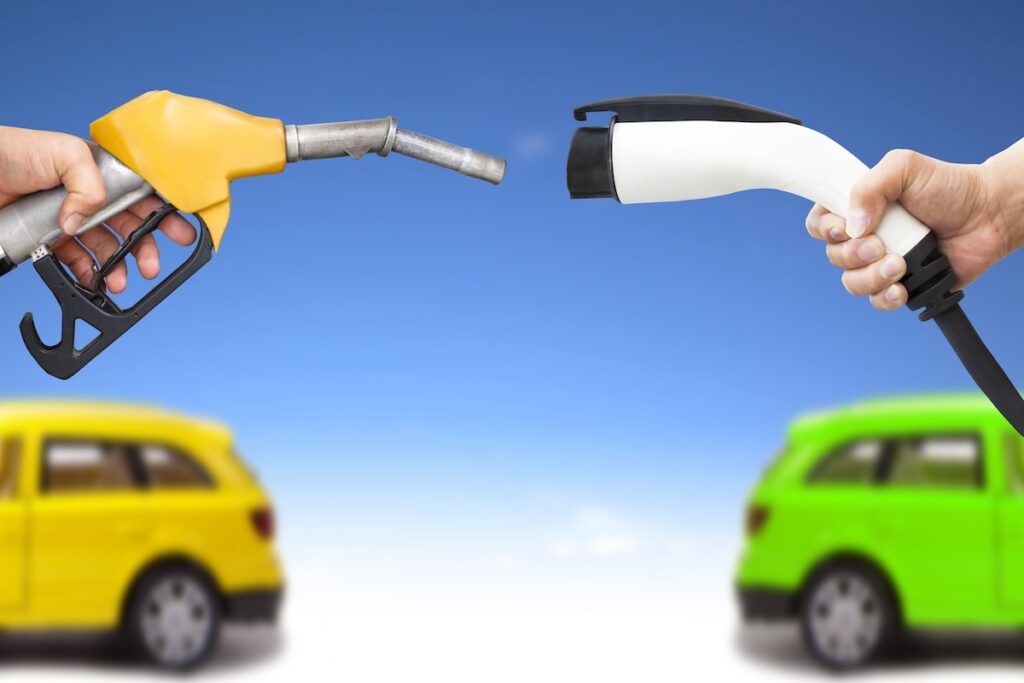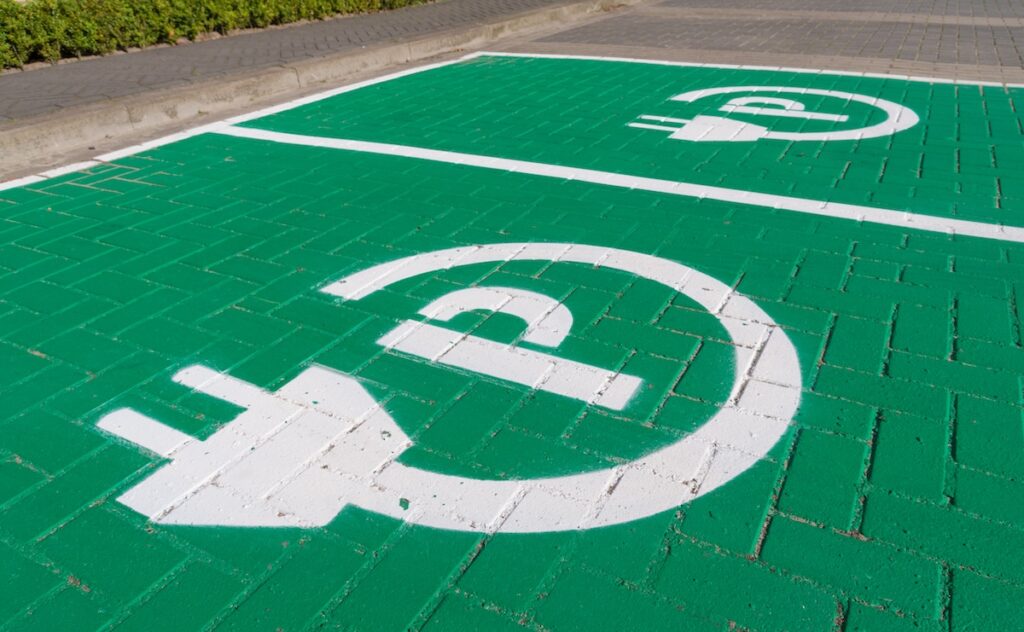There has been discussion about new anti-pollution regulations for some time. The new standard Euro 7 was postponed and softened, and will not take effect until 2027.
Euro 7 cars, the EU decides to postpone

What is the new standard?
The European Council on Competitiveness has been working for some time on the new text which moves further in the direction of ecological transitionintroducing harsher restrictions on the circulation of old diesel and petrol engines.
In particular, the new text produced and voted on in the Strasbourg Parliament provides for the introduction of standard Euro 7.
In concrete terms, the new standard updates the limits of exhaust emissions and introduces new measures to reduce tire and brake emissions and increase battery life. In the press release published after the Strasbourg vote we read:
“Members agree with the levels proposed by the Commission for pollutant emissions from cars and propose a further division of emissions into three categories for light commercial vehicles based on their weight. They also propose stricter limits on exhaust emissions measured in laboratory and real-world driving conditions for buses and heavy-duty vehicles.”
“Parliament also wants to align EU calculation methodologies and limits for brake particle emissions and tire abrasion rates with international standards currently being developed by the Economic Commission for Europe at the United Nations. ”
The new crackdown is part of the EU’s pre-established objective of setting one definitive stop to the circulation of petrol and diesel engines in 2035.
The decision on Euro 7 postponed
The text on standard Euro 7 it was presented in November 2022 by the European Commission and, according to forecasts, it should have entered into force starting from July 1, 2025. The further restrictions in environmental terms, however, have not convinced everyone, especially the car manufacturers.
The text was approved by the European Parliament with 329 votes in favour, 230 against and 41 abstentions.
To accommodate manufacturers, therefore, the Environment Commission asked to postpone the operation of the new standard. The Strasbourg Plenary decided to accept the request, after the Competitiveness Council had also given the OK to postpone Euro 7.
Lo standard Euro 7therefore, it really could slide to 2027. The last step to confirm the agreement on the postponement to 2027 is the Trilogue, the negotiation with the European Commission and member states. Also in the press release, it is specified:
“We have successfully found a balance between environmental objectives and the vital interests of producers. It would be counterproductive to implement environmental policies that harm both European industry and its citizens. Through our compromise, we serve the interests of all parties involved and avoid extreme positions.”
Euro 7 cars, the EU decides to postpone: what happens now?

Reactions to the postponed Euro 7
The possibility of postpone the entry into force of standard Euro 7 was met with mixed reviews.
ACEA, the lobby group for European car manufacturers, said it was satisfied with the decision, calling it a “more realistic approach toEuro 7”.
Roberto Vavassori, president of Anfia, was also in favor and commented: “We can only express appreciation for what the European Parliament decided today on the Euro 7 proposal, because we are convinced that the fruitful discussion of recent months has served to make many decision makers understand politicians the complexity and in some cases the irrationality of parts of the proposal made by the Commission”
The environmentalist group Transport & Environment, however, takes the opposite view, defining the decision as “useless”. According to the group, in fact, it standard Euro 7 it does not significantly modify the parameters of the previous Euro 6 and, consequently, does not significantly increase pollution protection.
















Leave a Reply
View Comments